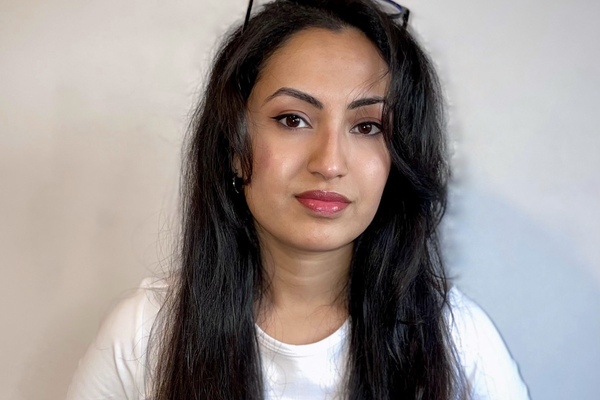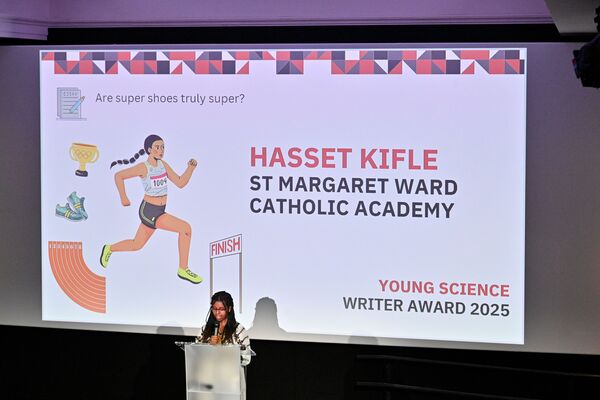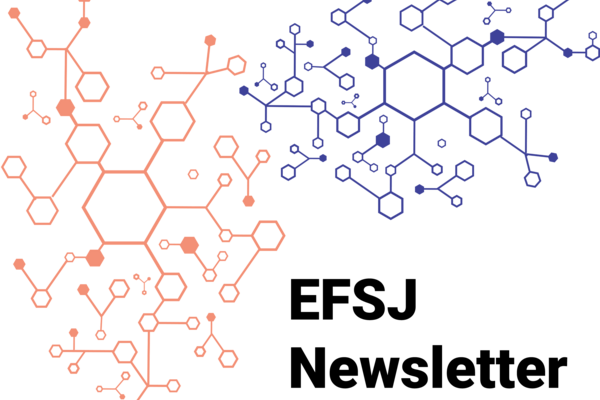The Association of British Science Writers (ABSW) will support the 2025 Journo Resources Fellowship. The annual programme, run by Journo Resources, offers early-career journalists structured mentoring, editorial support and an opportunity to develop a substantial piece of work in a specialist area of journalism.
Kayleigh Watson, Deputy Editor at Journo Resources, highlights the value of the continued partnership: “Journo Resources is thrilled to once again be collaborating with the ABSW for our annual Journo Resources Fellowship. Through the help of the ABSW, we are able to sponsor an early-career journalist to pursue their interest in science and hone their discipline in a specialised area. With science proving predominant in news and current affairs, its importance for the next generation of writers is only reinforced. Thank you for the continued support!”
This year’s fellow is Aniqa Lasker. Originally from Bangladesh, but now living in London, Lasker is passionate about reporting on the region’s challenges and amplifying the voices of those most affected. Before training as a journalist, she worked as an MRI radiographer – a background she says still shapes the way she investigates and explains the world: “I’m still exploring what’s on the inside, just in a different way.”
Lasker describes the fellowship as a natural step in her development as a science and health writer. “I applied for the ABSW Media Fellowship because I was eager to learn more about how to freelance successfully, craft pitches that stand out, and work with experienced journalists. The chance to learn from media professionals and bring my own science and health writing practice into a new context was particularly appealing.”
Being selected, she adds, is both motivating and validating a career in science journalism. Over the coming months, she hopes to deepen her reporting skills, gain practical pitching experience and develop stories shaped from complex scientific and health research.
“Ultimately, I see this fellowship as a springboard to strengthen my science communication and feed those insights back into my own journalism and future projects. I would also love it if it led to any potential permanent employment opportunities as a science reporter.”
“The Association of British Science Writers always tries hard to enable people from underrepresented backgrounds to enter the profession. It therefore made total sense for us to support the Journo Resources Fellowship,” as Andy Extance, ABSW chair, had said in 2024.
This fellowship follows previous ABSW-supported placements with Journo Resources, including investigations into indemnity for science writers in 2024, by Nichola Ibe. The Programme is committed to supporting people in taking their first steps into the journalism industry. And the ABSW fosters the participation of science writers coming from underrepresented or marginalised backgrounds.
During the fellowship, Lasker will develop a practical ‘help-me’ style article exploring an often-overlooked topic for journalists: income arising from the Authors’ Licensing and Copyright Society (ALCS) and Public Lending Right (PLR). How journalists and authors can register, typical income ranges, and common pitfalls are some of the topics expected to be included in the resulting piece of work.










